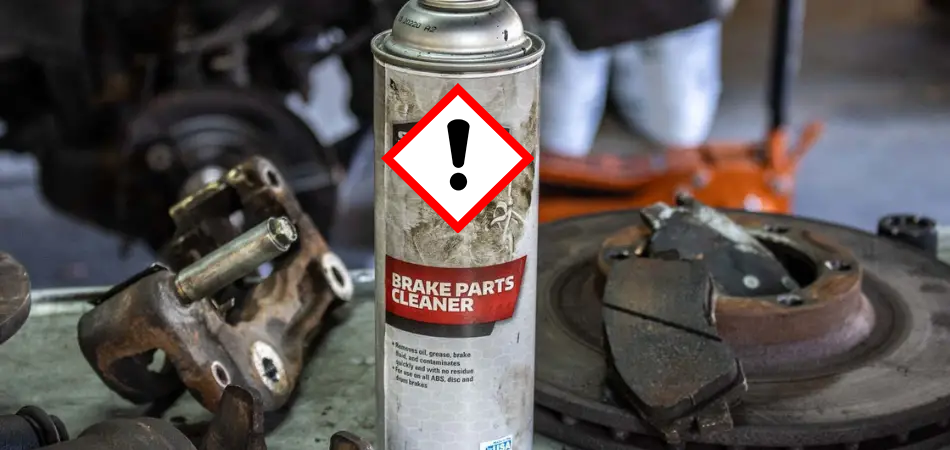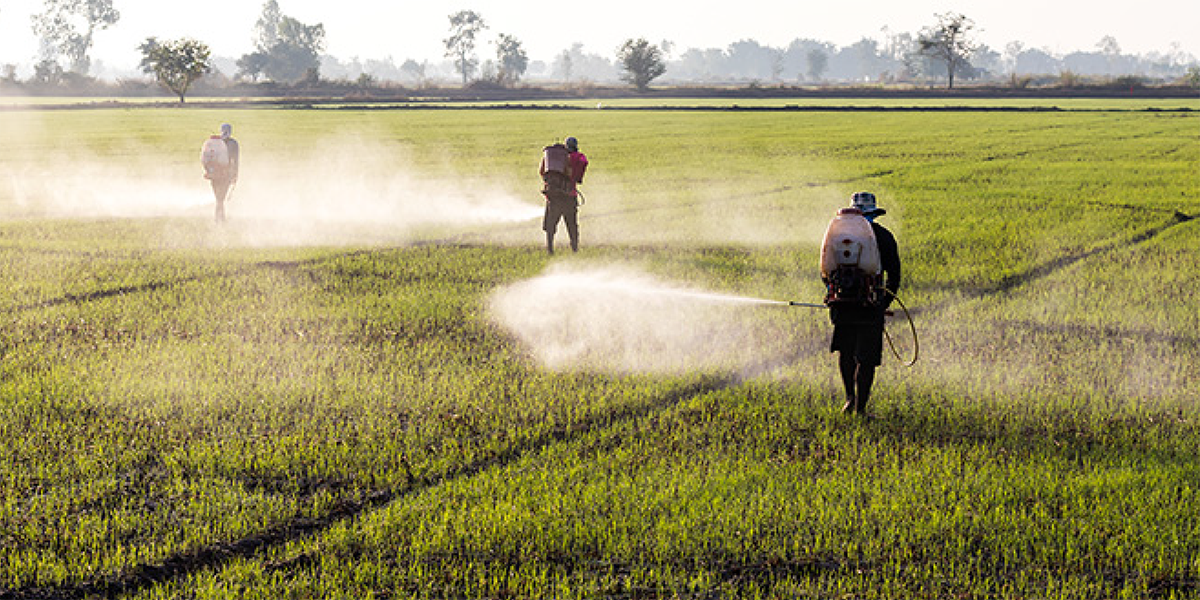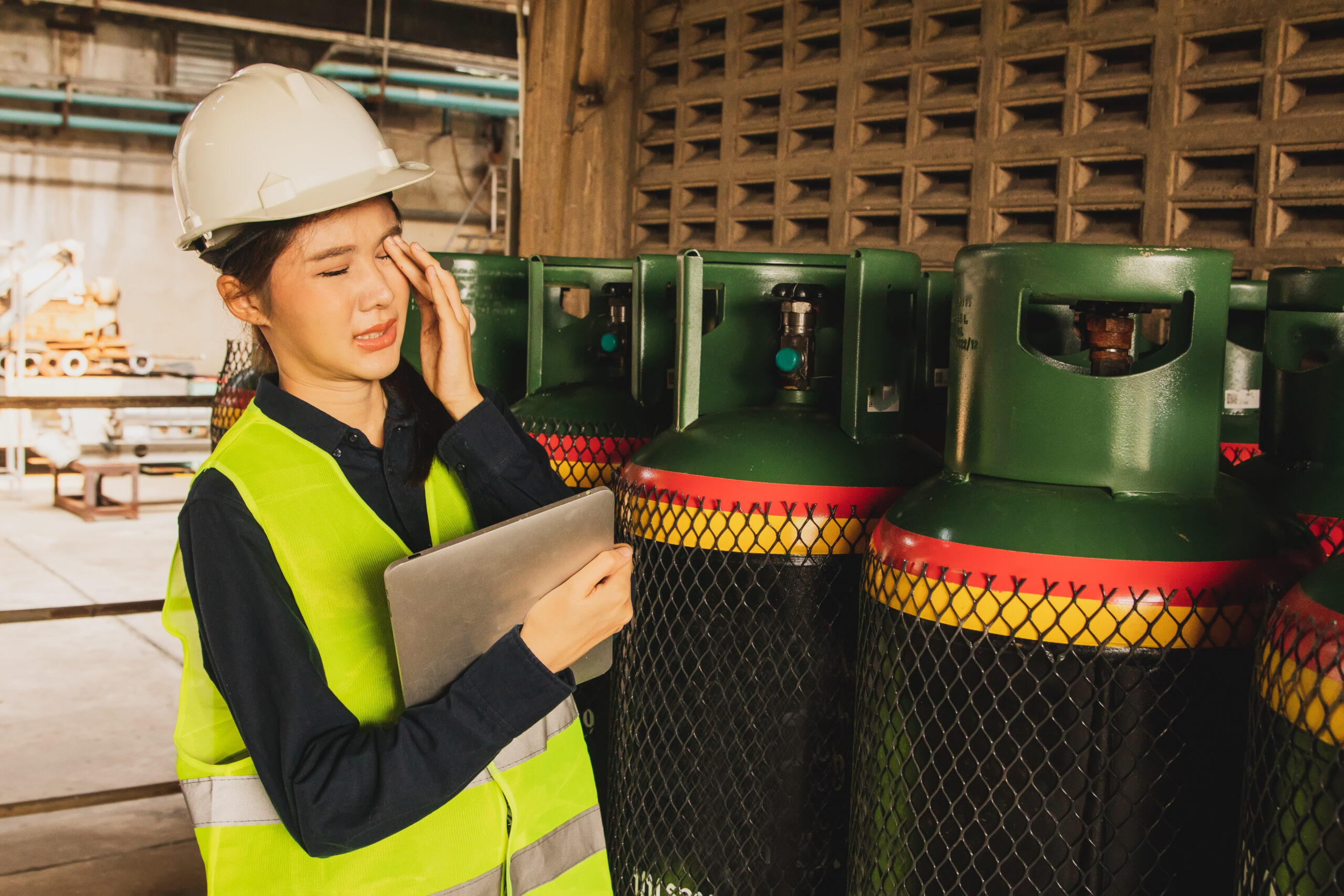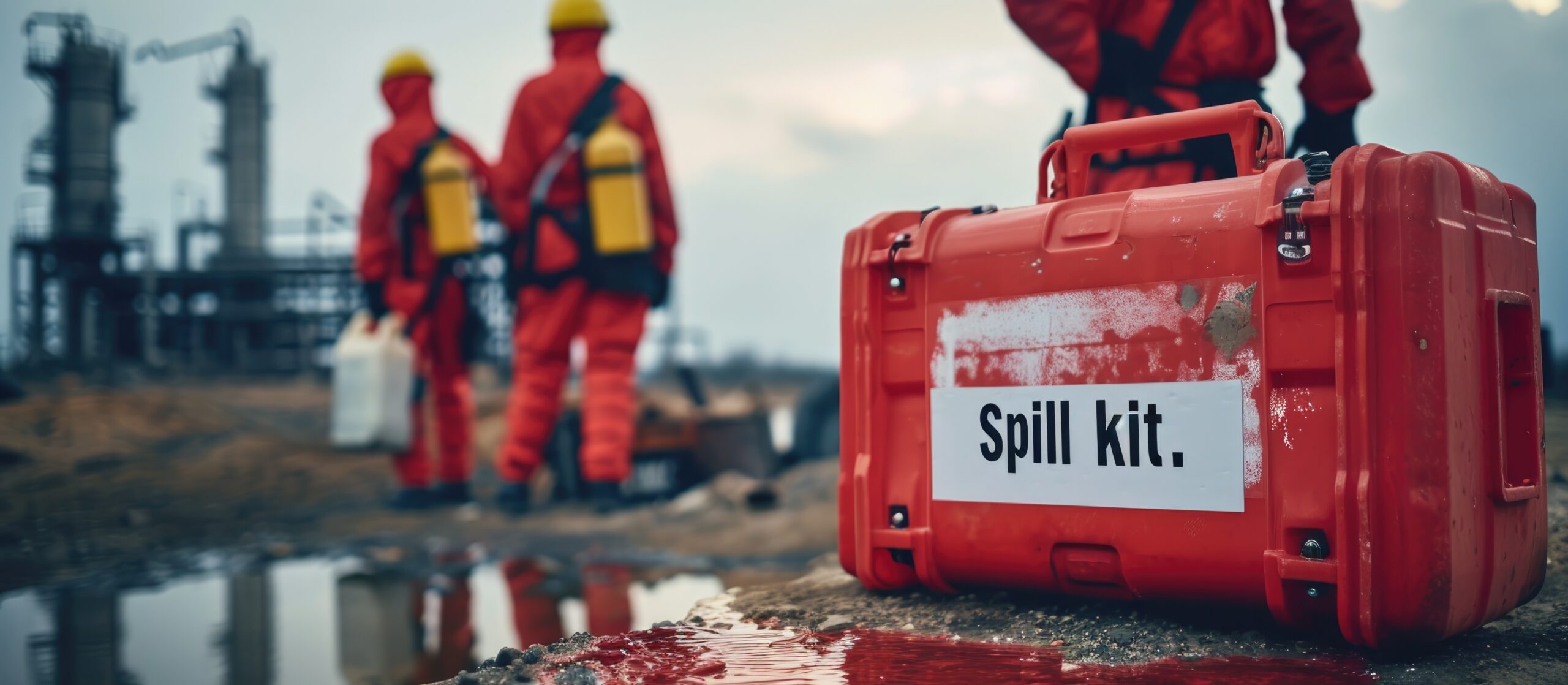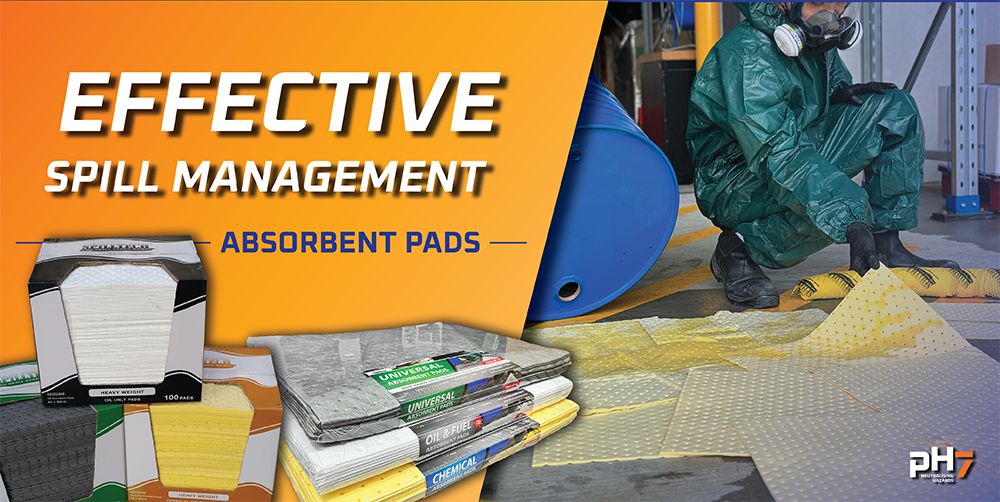Failing to stay protected whilst using hazardous substances, like organic solvents, is not only a risk to personal health, but can also be detrimental to the business operations and the reputation of the company itself.
On July 29th, 2019, a young apprentice at a marine engineering firm had his life turned upside down from working with hazardous substances containing organic solvents without protection and 4 years later, two men have been sentenced to jail for failing to implement and follow appropriate health and safety practices in their business.
The company’s poor Health and Safety practices
The two brothers, William and Patrick Sullivan, in charge of operating the Nelson-based marine engineering firm, Aimex Ltd, have been charged with varying jail times following an incident in 2019 where the 19-year-old apprentice, Brook Palmer, suffered long-term severe hypoxic brain injury from a workplace incident involving unprotected use of a hydrocarbon-based brake cleaner, and ultimately inhaling the vapours of the organic solvents as he cleaned the engine bay of a large catamaran, leaving him in a state “like he had dementia.”
But it’s not as if management weren’t aware of the dangers of using the brake cleaner. Just 5 days prior to Brook’s incident, another employee (Employee X) was given a similar task of using the brake cleaner. Luckily, they recognized their symptoms of light-headedness and forfeited their task immediately and documented their situation.
But despite Employee X’s report, nothing was done to prevent future accidents from using the cleaner, and Brook was never given any guidance on how to protect himself from the harmful vapours when using the cleaner containing organic solvents.
The consequences of negligence
The former Health and Safety Manager, William Mansfield Trevor Sullivan, has been sentenced to 9 months imprisonment on 21st July 2023 for making a false statement during the investigation of the case.
Additionally, the Managing Director, Patrick John Sullivan, has been sentenced to 20 months imprisonment on 25th July 2023 for attempting to pervert the course of justice by destroying evidence of Employee X’s earlier incident. On top of jail time, the final fine issued was $250,000 plus costs of $1434.12.
Worksafe NZ has brought 208 prosecutions against organisations and companies for breaching the Health and Safety at Work Act over the past five years. The fines issued by Worksafe NZ are not light, as a company can be fined up to $1.5 million and an individual who is a Person Conducting a Business or Undertaking (PCBU) can be charged up to $300,000.

What are organic solvents and what can they be found in?
Organic solvents are carbon-based substances that are used for dispersing or dissolving other substances. They can disrupt hormone levels and also cause cell damage and can be found in adhesives, paints and lacquers, degreasers, and printing. They can also be found in personal care products.
Organic solvents enter the body through inhalation of vapour and direct skin contact. Exposure to organic solvents can affect your health both short-term and long-term.
Short-term effects can include headaches, nausea, irritation to the eyes, nose, throat and skin, disorientation, drowsiness, and feeling drunk or high.
Long-term effects can include changes in mood, memory problems, difficulty with concentrating, weakness, and tiredness.
To learn more about organic solvents, click here for Worksafe NZ’s article on the topic.
How to protect yourself and your workers against organic solvents
When working with organic solvents, it is important to use the appropriate personal protective equipment (PPE), such as suitable respirators and filters, ensuring that the respirator is fit-tested for yourself or the worker, and wearing suitable coveralls and gloves to protect the skin from any contact.
Our team at pH7 can help you recognize any potential risks you or your colleagues may be exposed to, as we offer site risk assessment services. Additionally, we are suppliers of a wide range of HazChem safety PPE, including respirators, filters, coveralls, and gloves.
If you have any concerns about exposure to hazardous substances or would like to learn more, feel free to contact us on 0800 323 223 or email us at enquiries@ph7.co.nz.

